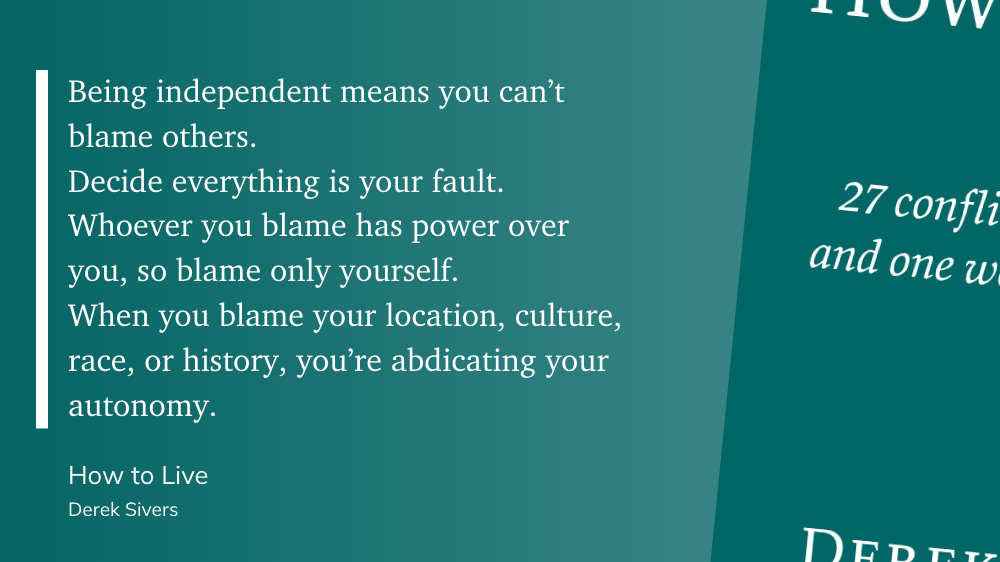🤐 When Silence Speaks Louder: The Week I Lost My Voice
I am in a classroom. It's a Monday. The students start walking in. I greet them with, "Good morning class, nice to see all of you back!" . I realize my voice cracking a bit as I say it. I don't think much of it and continue on. As I am going over the content, my throat starts getting itchier and more inhibited the more I use my larynx. Students also start to notice how my voice sounds different than usual. I lower my volume and use the lower pitch as it is still the only part of my voice left over. Think Morgan Freeman whispering, or something like that. My co-teacher looks at me with concern and immediately knows what to do; she takes over the lesson. And recuperate I did, when I went home.
So, in this predicament. I wondered, how did the late but nonetheless famous Steven Hawking do it? He had a computer and barely any moving muscles, yet he could theoretically perform a thousands of quality Ted Talks and supervise his Ph.D students. Granted, this is an apples and oranges comparison, because he was supervising adults...
The first thing I did was go to Google and search "How do I teach with laryngitis"? I used that keyword "laryngitis" because that's pretty much what happens when you lose your voice, your larynx (or voice box) gets inflamed. The first result was a Reddit post with several comments. A user mentioned that not only was this a bad idea, it also lead to some pretty long-lasting damage to their vocal chords that forced that teacher to find a speech therapist just to get back on their feet err voice. Several other search results mentioned that it is absolutely a bad idea to teach with your voice and is asking for more trouble. In the same thread, a few teachers had some interesting suggestions, such as appointing a student to "be the voice". That is something I considered doing, but unfortunately, everything in my classroom is a bit too high for the little ones to reach. I also had a few ideas of my own, like using an AI voice text reader while I mime my message, similar to how a flight attendant does during announcements.

Unfortunately, I couldn't entertain any of the ideas in my last paragraph because the conditions worsened throughout the week up and even as I am writing this it's relatively the same, but leaning towards getting better. Initially, I could barely vocalize one octave.
Doh, re, [whisper] mi... [louder whisper] miiiiiiii?
The next day, I lost my voice completely altogether, and had to take the entire week off work, which is the longest amount of sick leaves I've ever had in my career.
Of all the things that I thought could stop me from working, I never thought it would be my voice. 80 percent of the work I do doesn't need my voice, but it is in that 20 percent where most of the difference happens. People often lose something in their life and tell others that we take it for granted because they go through the experience of not having the thing. My experience is nowhere as permanent as those people but we never truly appreciate our voices until it's taken away from us. The internet bans and censors us all the time, but when we experience a physical loss, it feels much more visceral. This week taught me the value of finding alternative ways to communicate, even for something as simple as saying "Hello" to my friends, family, and community.
What thing do you believe you take for granted right now, which, when taken away, would alter the way you live? How would you make changes to suit this new lifestyle? I'm curious to know your perspectives and experiences. Leave a comment below :)
✍️ Quote of the Week




Member discussion